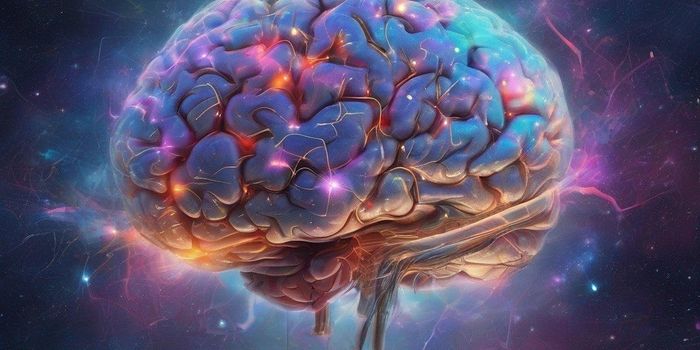Brain Imaging Predicts Risk of PTSD
Until now, why posttraumatic stress disorder (PTSD) develops in some and not others following a physical and/ or psychological trauma has remained unknown. Now, however, researchers from the University of California have identified regions in the brain that, depending on their volume, predict an increased risk of developing PTSD three months after brain injury.
For the study, the researchers used data from TRACK-TBI, a large longitudinal study of patients admitted to an Emergency Department with Traumatic Brain Injuries (TBIs) that were serious enough to require computed tomography (CT) scan. All in all, the researchers followed 421 patients from the study and assessed them at 3 and 6 months following their injuries.
At three months, 18% of patients, or 77 of them, seemed to have PTSD. At six months, this number decreased to 70 patients or 16% of the total cohort. The researchers also had access to MRI scans of each patient taken within two weeks of injury. These were used to measure volumes of certain structures in the brain previously linked to PTSD.
Taking this data together, the researchers found that smaller volumes in areas of the brain known as the cingulate cortex (involved in emotion formation and processing), the superior frontal cortex (thought to contribute to higher cognitive functions like working memory), and the insula (responsible for sensory experience) were predictive of PTSD at three months. They noted, however, that at six months, the brain scans were not able to predict PTSD.
The findings nevertheless support previous findings showing that a smaller volume in several of these brain regions, including reduced cortical volume, may be a risk factor for developing PTSD. As such, the researchers say that a ‘brain reserve’ or higher cortical volumes may have some protective effect against the condition. Assessing these factors prior to or immediately after an injury may thus be a reasonable indicator of who may develop PTSD.
While more research is needed to confirm this hypothesis, the researchers say that this study nevertheless paves the way for future research that can look more closely at how these brain regions contribute to or against mental health issues.
Sources: Neuroscience News, Biological Psychiatry: Cognitive Neuroscience and Neuroimaging









